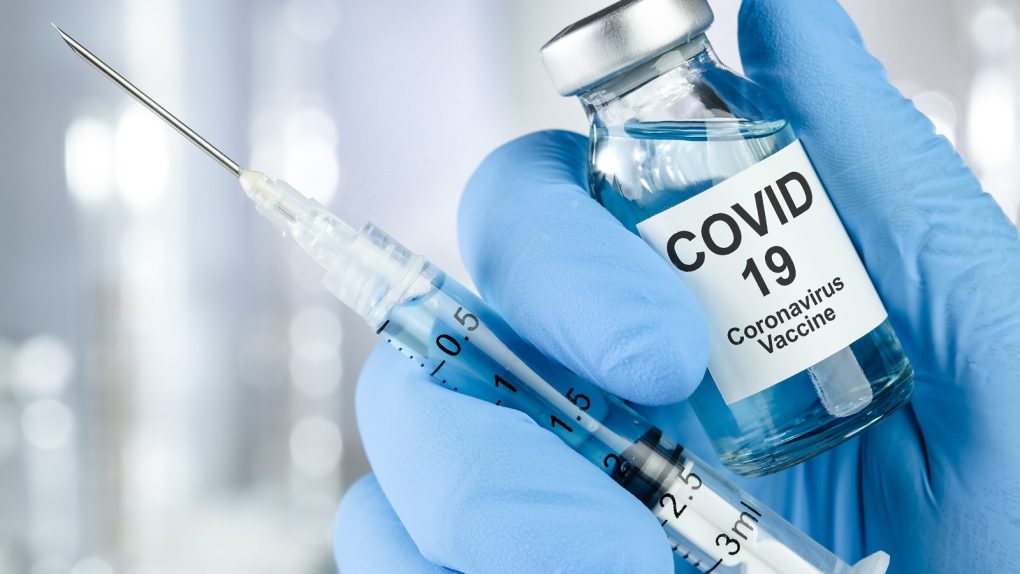- Some of the world’s most advanced coronavirus vaccine candidates are already being used under emergency programs.
- One drugmaker from China even quietly provided its Phase 3 COVID-19 vaccine drug to about 90% of its employees and their family members on a voluntary basis.
- The program underscores China’s aggressive emergency vaccination program for at-risk categories of people. The country has a few drugs in Phase 3 trials, but the final stage of testing has not been completed.
Three COVID-19 vaccine candidates have reached the final stage of clinical trials, and the first Phase 3 results might be available in the coming months. Other drugs will also enter Phase 3 soon, and that’s excellent news. There’s an incredible number of novel coronavirus vaccine ideas out there, which gives us reason to hope that several of the drugs will be effective and safe. The more vaccines get approved, the easier it will be for the world’s population to get access to COVID-19 immunity. But as the debate around emergency use authorization increases in the US ahead of the presidential election, other countries are already marching forward and are using their Phase 3 vaccines.
Russia is the prime example of how not to debut a vaccine for a deadly pandemic. The country approved its vaccine for public use even before publishing any studies from Phase 1 and 2 stages of testing, and it’s already making the drug available to doctors and teachers. Unsurprisingly, people aren’t excited about getting the vaccine. China at least has three vaccines in Phase 3 trials, though each one has already received emergency approval. Unlike Russians, Chinese people who can qualify for emergency immunizations seem to be more willing to get the drug, according to a new report. In fact, one of the companies developing a coronavirus vaccine said it has already quietly provided the medicine to 90% of its employees and all their families.
That amounts to approximately 2,000 to 3,000 Sinovac employees and their families, according to statements the company CEO Yin Weidong made to Reuters. The drug was provided on a voluntary basis, the exec explained, under the current rules in the country. “As a vaccine developer and manufacturer, a new outbreak could directly impact our vaccine production,” the chief executive said.
Sinovac is the maker of CoronaVac, a vaccine candidate that showed it could elicit an immune response without significant side effects. The clinical trials started in mid-April and should be completed by mid-December. The company has already published research on the first trial stages. Data gathered from the program that includes Sinovac employees and their families could be used to prove that the vaccine is safe, but the data will not be incorporated in the Phase 3 trials since it’s not part of the research.
Yin said he took the drug himself, and so did his wife and parents. All the Sinovac employees or family members who choose to be vaccinated are informed of the possible side effects of the vaccine. Doctors would also conduct interviews before the shots are given to assess the general health of the recipients.
The exec says that the adverse reaction rate has been “very low.” Possible reactions include fatigue, fever, and pain at the injection site, according to previously-published trial results.
Reuters’ report underscores the scope of China’s COVID-19 vaccination protocols for experimental drugs. The country had previously said that it would use vaccines before Phase 3 trials were finished, without revealing when emergency use would start or any specific details about immunization campaigns. But the revelations about Sinovac’s use of its own vaccine seem to indicate that China is willing to provide these drugs to at-risk categories of people long before the research is finalized. The emergency use program will include medical staff, people who work at food markets, and workers in the transportation and service sectors.








